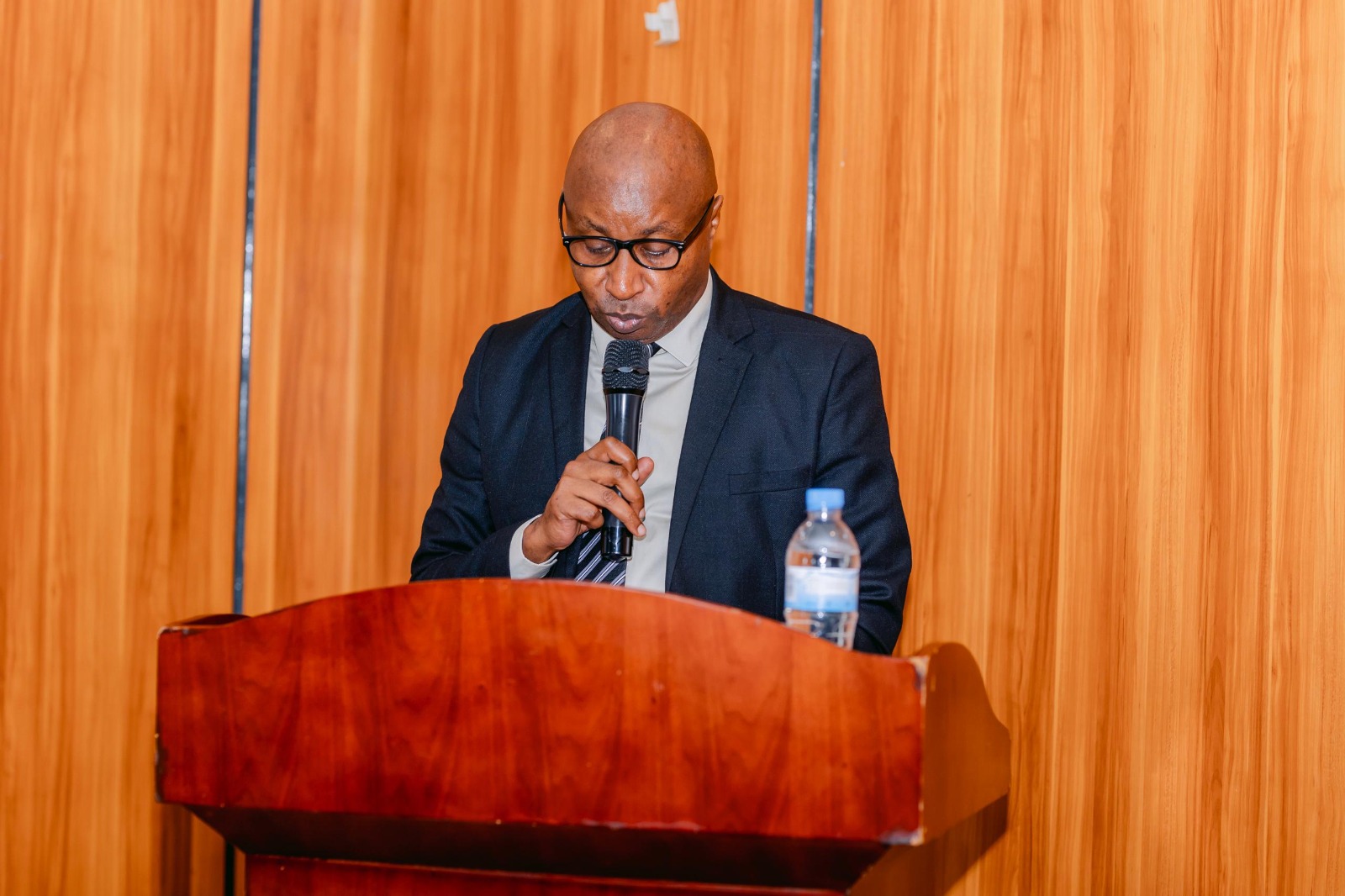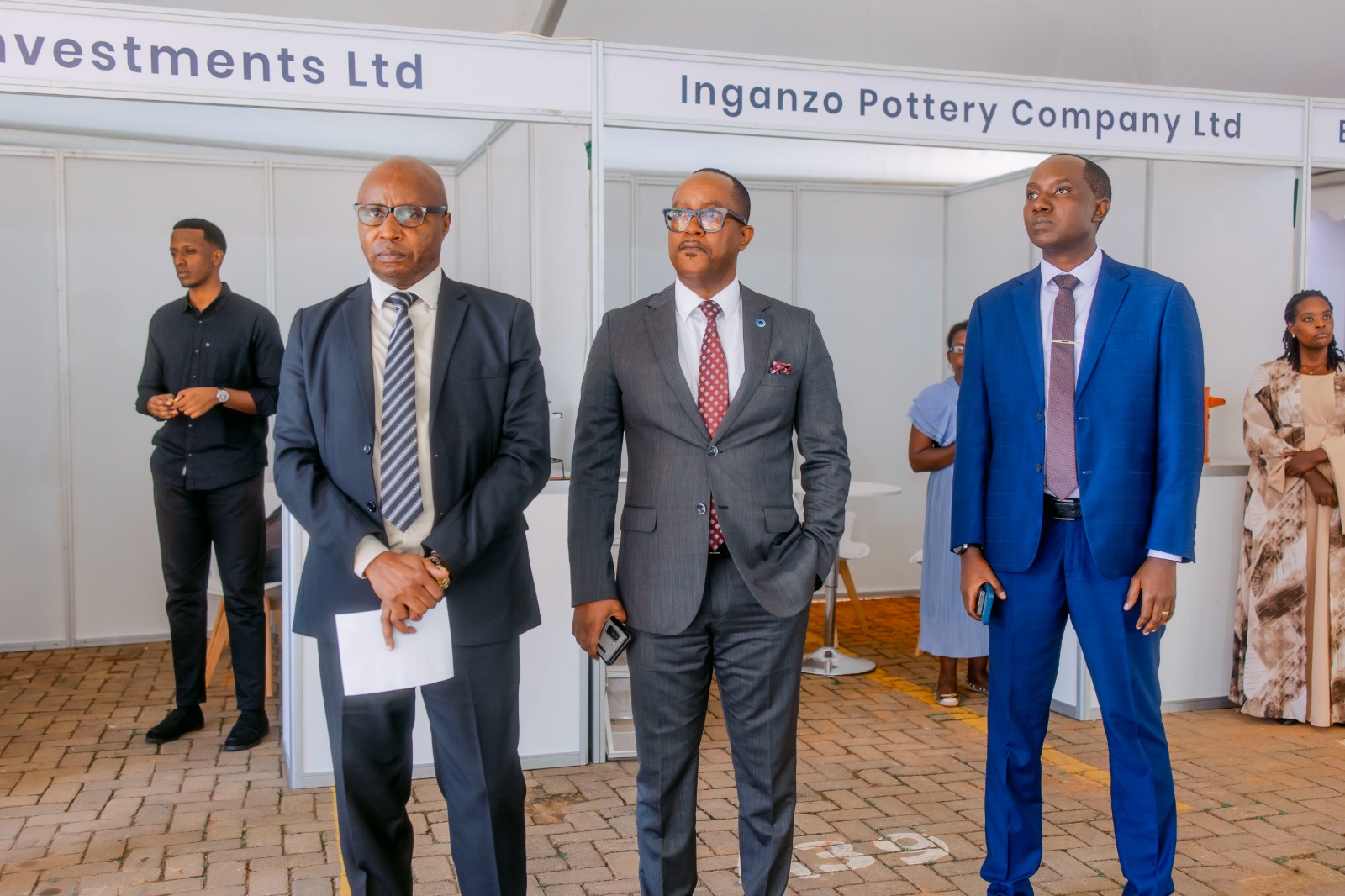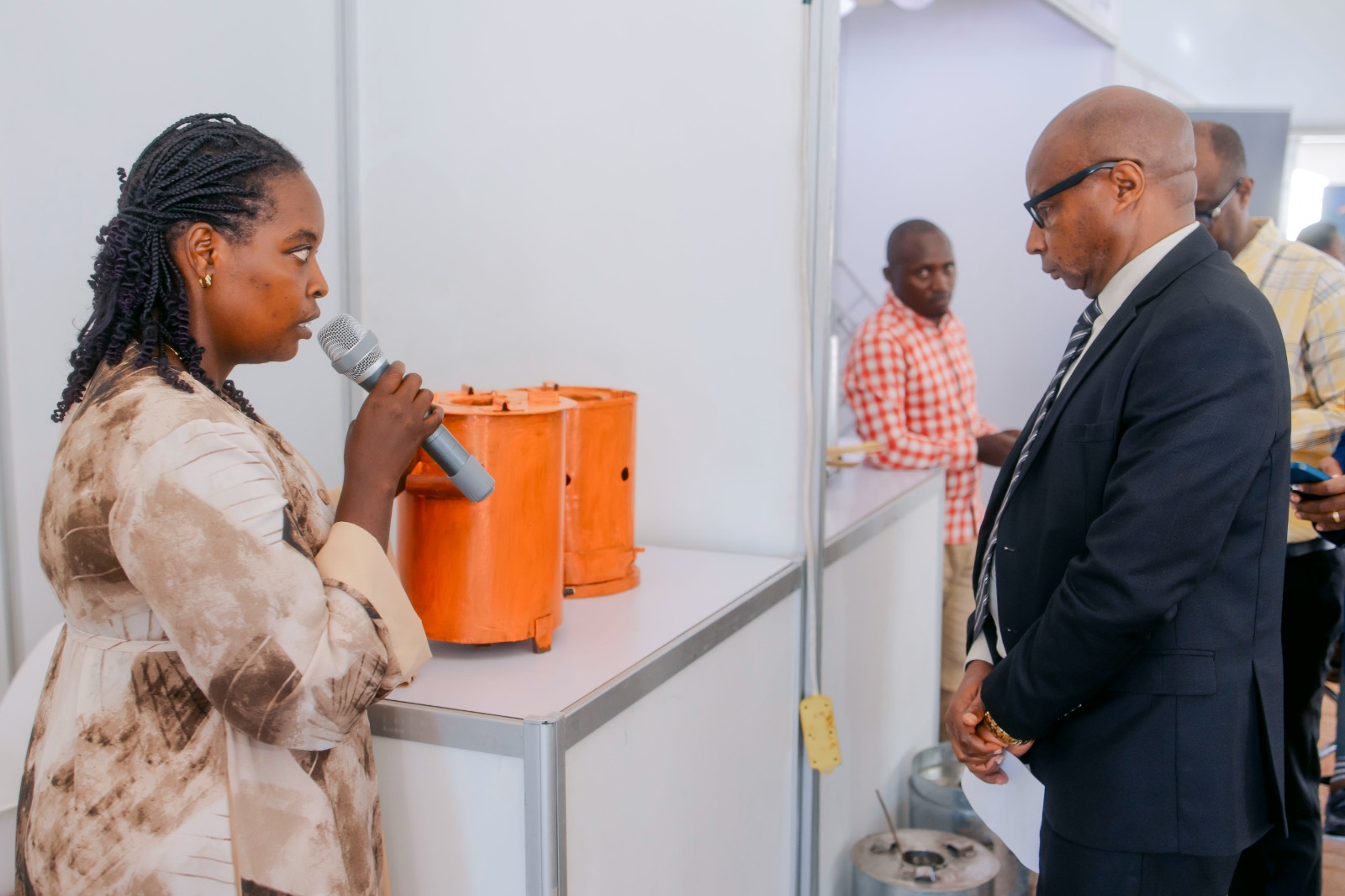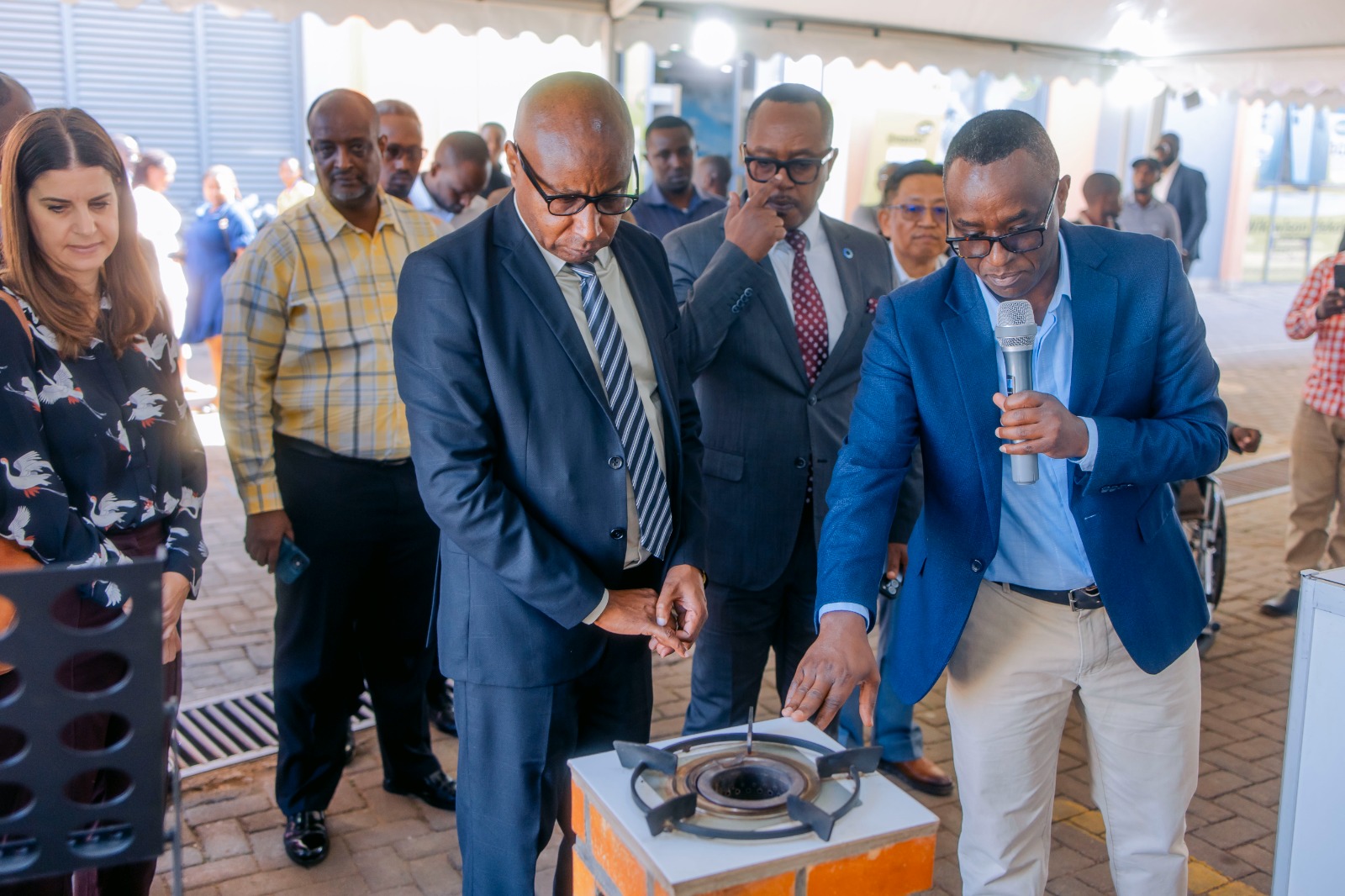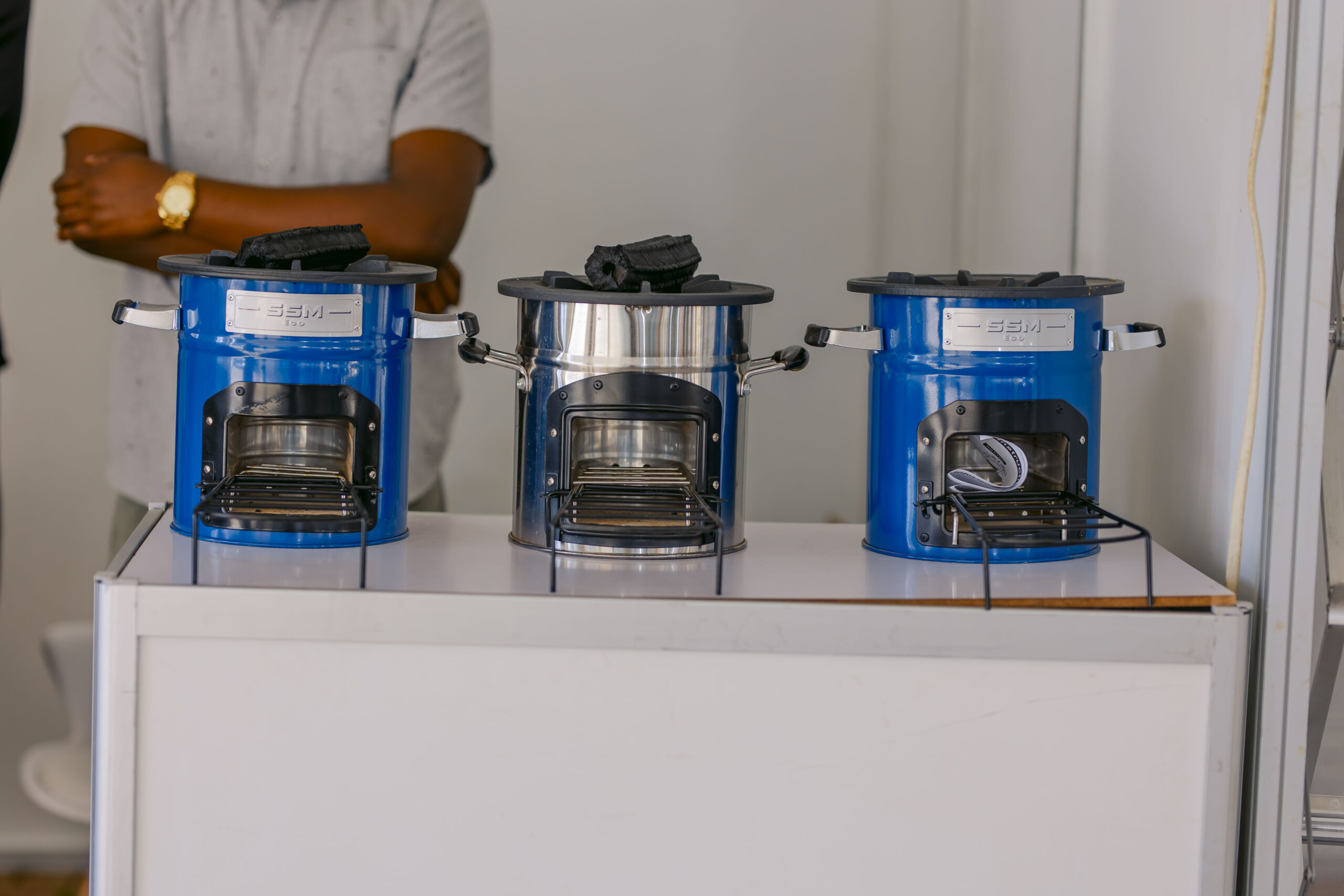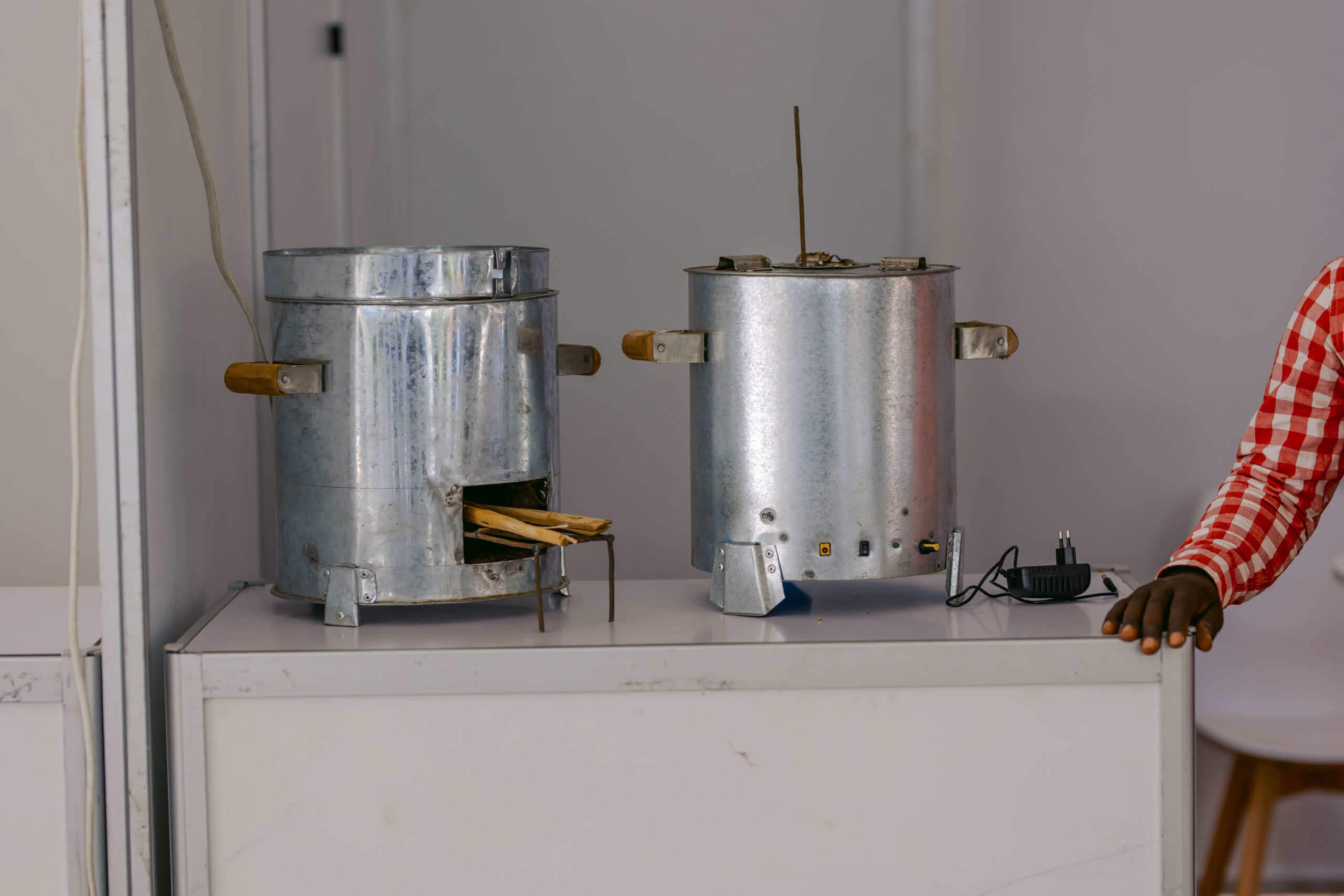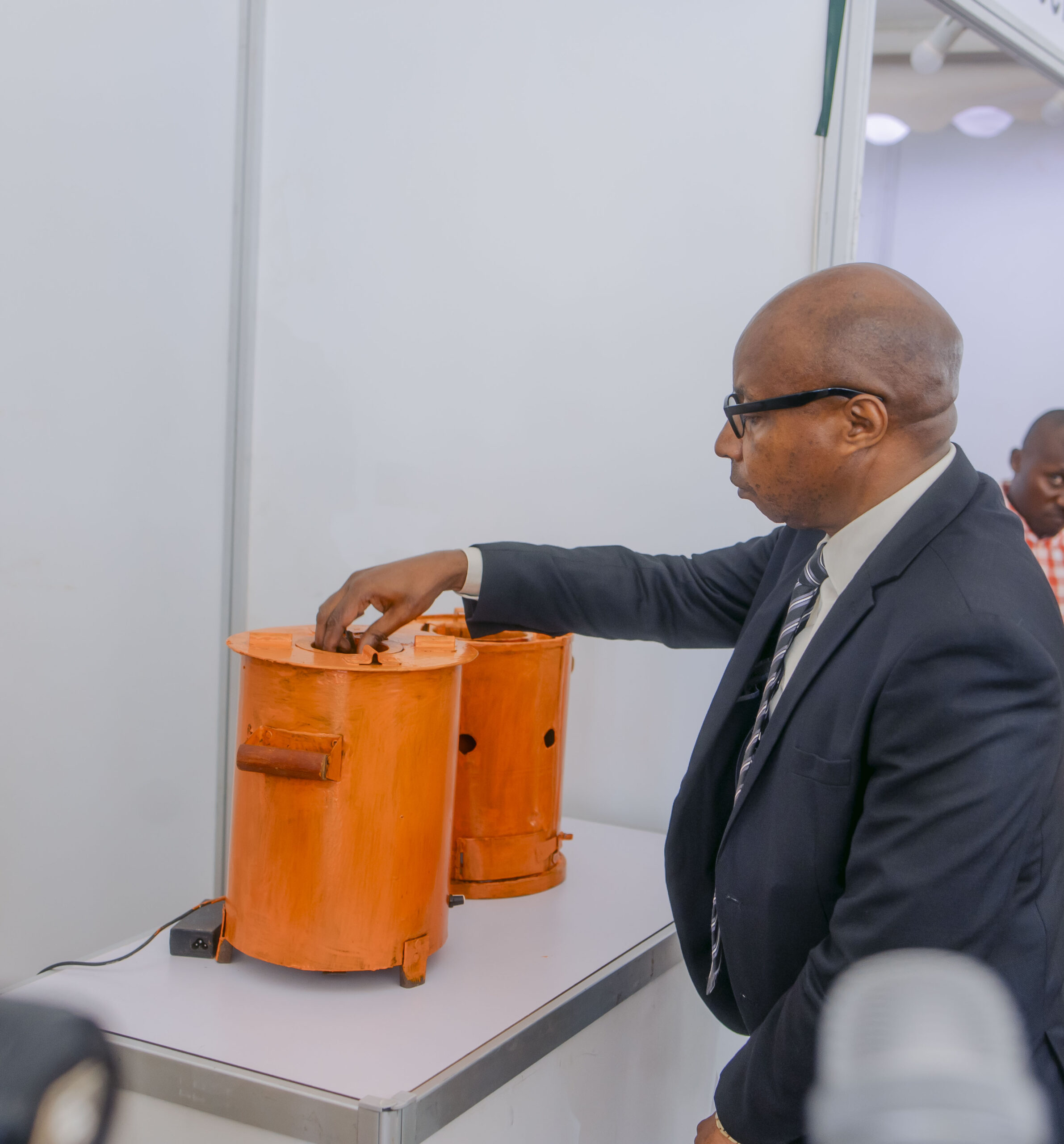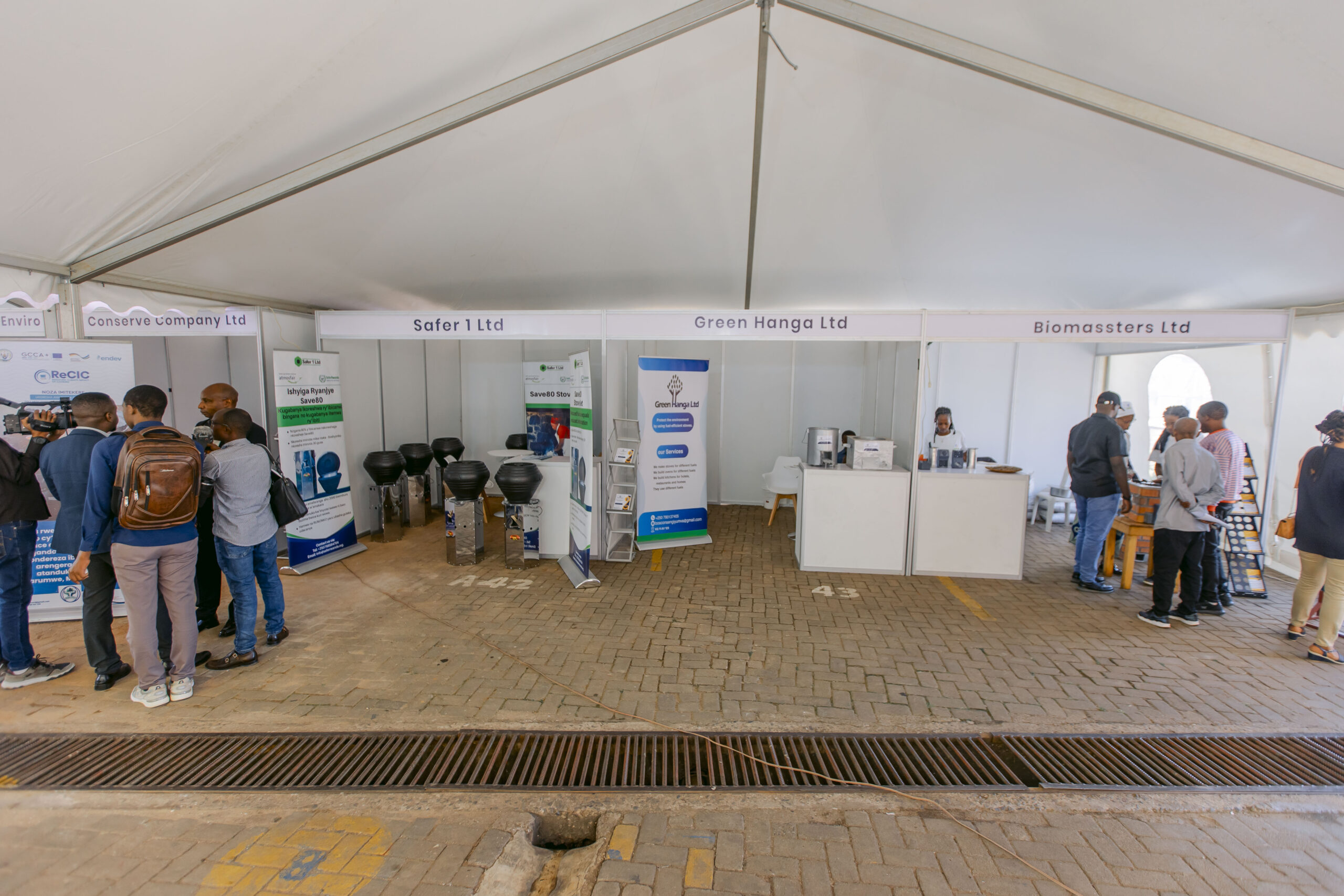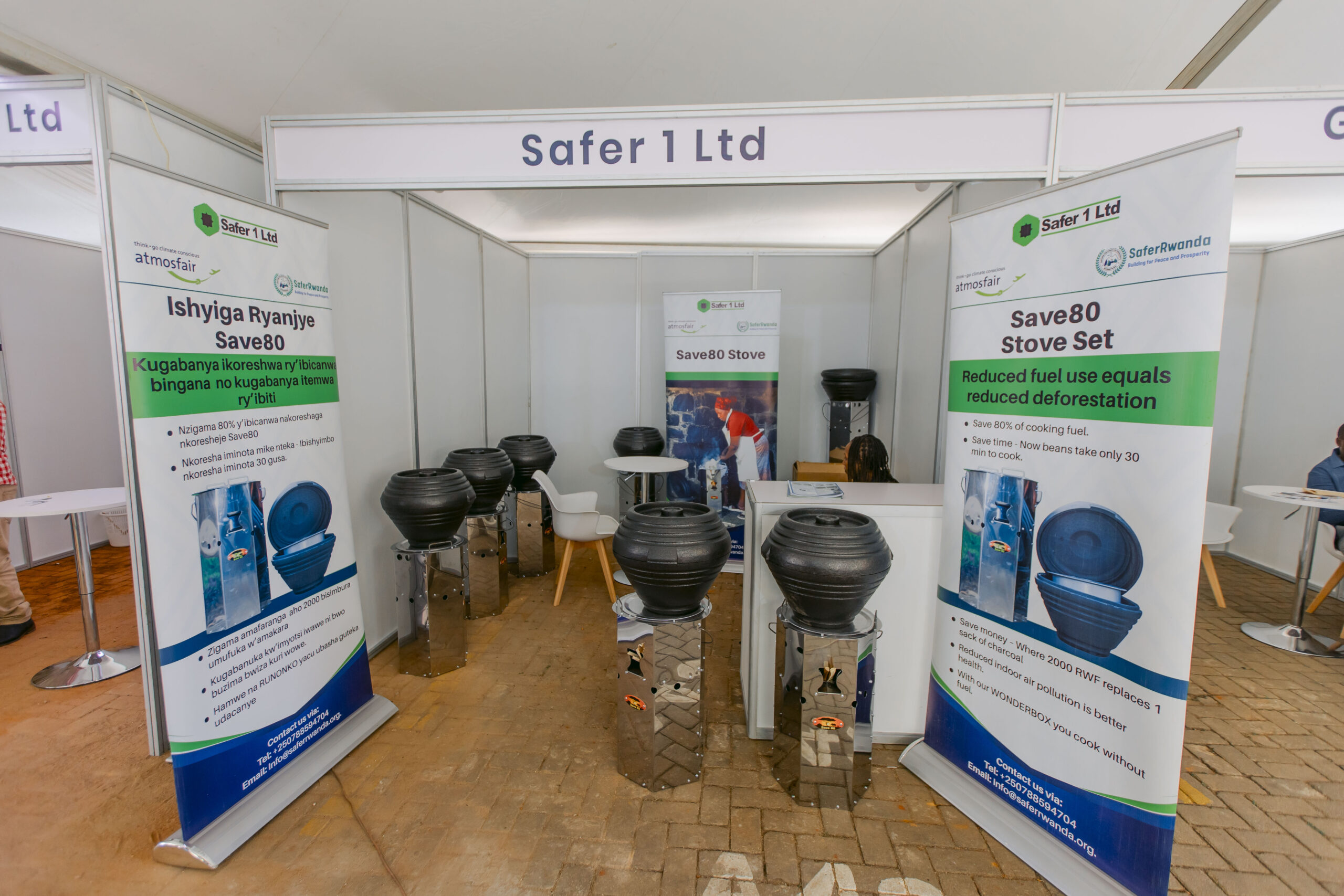Rwanda prioritizes clean Cooking technologies to combat environmental pollution
During a two-day event held from June 11–13, 2025, marking the conclusion of the five-year ReCIC (Reducing Climate Impact of Cooking) Project, the Rwandan Ministry of Infrastructure reaffirmed the government’s commitment to expanding access to environmentally friendly cooking fuels and technologies.
This initiative aims to reduce the use of firewood and charcoal, which are known to contribute significantly to environmental degradation.
Phoibe Kawera, a clean cookstove entrepreneur based in Gatsibo District, emphasized the urgent need for government support to scale up her business.
“We are requesting support from the government because the stoves we produce are expensive, and we have limited capital. We hope the government can step in to help us expand our operations,” she said.
Hirwa Germain, a co-founder of a modern cookstove company in Kigali, echoed these sentiments.
“Our strategy is to engage investors and connect with financial institutions in any way possible to support and grow our production,” he stated.
Supporting local businesses engaged in clean cooking technologies is a national priority. Serge Wilson Muhizi, CEO of the Energy Private Developers (EPD), explained the organization’s role:
“At EPD, one of our responsibilities is to engage with banks, present private sector needs, and connect entrepreneurs with financing opportunities.”
Jean Bosco Mugiraneza, Director General of Energy in the Ministry of Infrastructure, highlighted that affordability and accessibility are central to the government’s clean cooking strategy.
“The goal is to transition citizens from using wood and charcoal to cleaner energy sources, but in a way that remains affordable and accessible to all,” he noted.
A study by ECV (Energy Consumption Validation) revealed that as of 2024, only 5% of Rwandan households use clean cooking energy up from just 1% in 2017. In urban areas, the adoption rate stands at 14%, while rural areas lag behind at 1%.
Rwanda has set an ambitious target to reduce carbon emissions by 3 equivalent to 4.6 million tons of CO₂ by the year 2030.
Launched in November 2020, the ReCIC project is part of the global EnDev initiative and is implemented by SNV. It aims to reduce harmful emissions from cooking through the promotion of modern, clean cooking methods.
The project has supported 12 companies through the Clean Energy Business Growth Fund (CEBGF), offering financial aid and tailored business advisory services.
